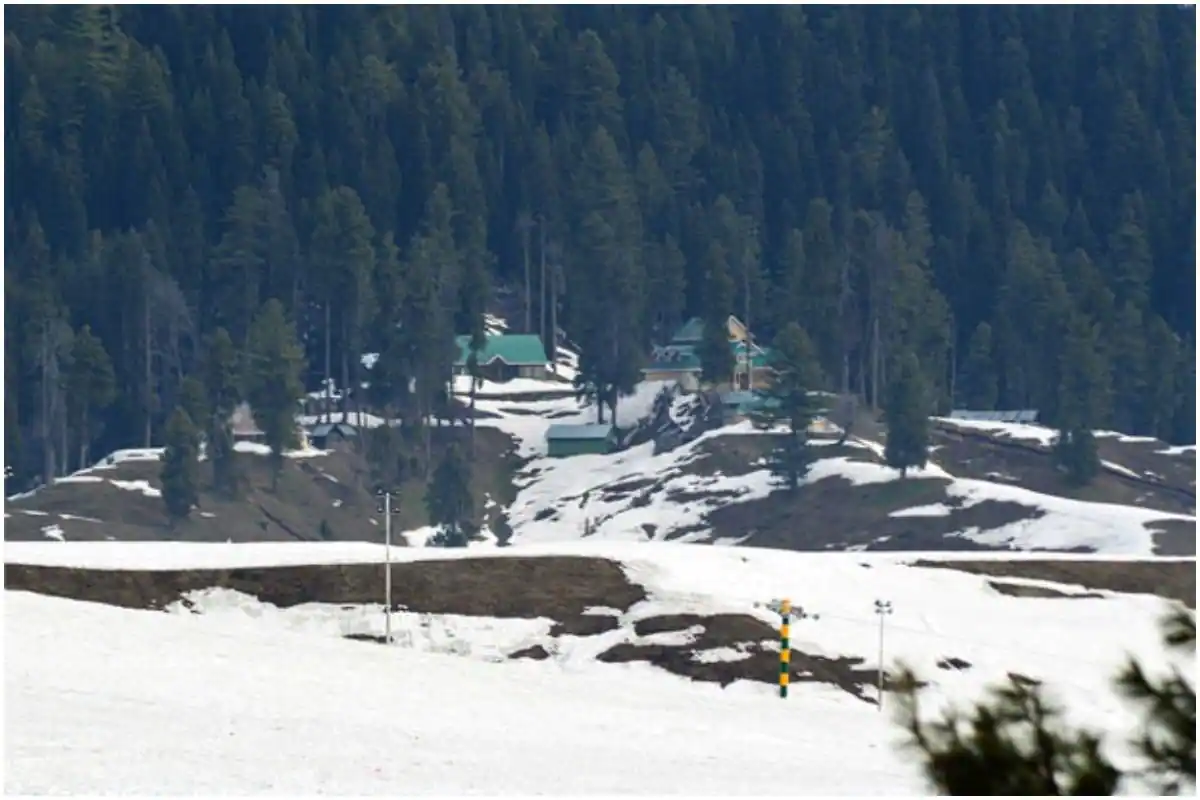Besides a less turbulent airport experience, travelling during the fall shoulder season instead of the peak of summertime vacations often means deals on flights and accommodation.jacoblund/iStockPhoto / Getty Images
Back in the early days of the pandemic, when we were all dreaming of getting on an airplane again, I’m not sure this – delays, cancellations, long lines, lost luggage, etc. – is entirely what we had in mind. However, many tourism experts, including Squamish, B.C.-based Jordana Manchester, a luxury travel advisor with Tripzter Travel, are optimistic travel will run more smoothly in the fall. “We should see less cancellations and more efficiency in airports,” she says.
Besides a less turbulent airport experience, travelling during the fall shoulder season instead of the peak of summertime vacations often means deals on flights and accommodation. Ready to book? Here are six tips from Manchester that will help you make the most of your autumn getaway.
1. Pick a place that’s popular in the summer
If you’re having a hard time deciding where to go, Manchester suggests booking a destination known for its summer tourism – as it’ll offer lower prices (and less crowds!) in the fall. “B.C.’s Okanagan Valley, for example, is usually packed during the summer,” she says. “And while the lakes are epic, fall is really the best time to visit. Not only will you find fewer crowds and better deals, it’s harvest season and the best time to tour vineyards and picnic in the orchards.”
2. Plan for the middle (of September and the week)
“The first two weeks of September can still be busy travel times with university students returning back to school and families heading home after the summer holidays,” says Manchester. “Aim to book your trip after that to get better airfare and hotel pricing.” She also suggests travelling mid-week if you can to avoid weekend surcharges on hotels.
3. Book ahead for peace of mind
Demand for travel is still high, so last-minute deals are rare, shares Manchester. You’ll see the most amount of savings if you book six to eight weeks in advance, four weeks at a minimum. “You’ll have the opportunity to choose the best flight times with the best connections. You also get more choice in terms of hotels,” she says. “And if you’re looking to get yourself a set of wheels, gone are the days when you can just show up at the airport for a cheap car rental.”
4. Snag that coveted dinner reservation
“If you’re a foodie, you’ve likely had your eye on a popular or new restaurant,” Manchester says. “Summer can make it impossible to experience these spots, but shoulder season tends to open up availability.” She suggests making arrangements ahead of time so you can make the most of your time in your destination: “You shouldn’t spend one moment standing in line or scrambling for reservations.”
5. Use a travel advisor
“Sure, it’s fun to scour endless websites for the best deals,” Manchester quips. “But you miss out on tapping into the unparalleled expertise of travel advisors.”
Not only do advisors work with fully vetted tour operators and travel brands, they “are the ultimate advocates when problems arise,” according to Manchester, which is ideal when your plans, flights and reservations go awry.
Also, to avoid unnecessary disappointment, advisors can help manage your expectations of what you want to see and do in your destination. “Fall hours tend to be shorter for museums and galleries,” she says. “And some places see complete closures into late fall like the BC Railway Museum and Green Gables Heritage Place.”
6. Pack for all seasons
Fall in most of Canada, the U.S., and parts of Europe means warm days and chilly evenings. “Weather this time of year can be wildly unpredictable,” she adds. “So, it’s not out of the question to throw a warm sweater, swimsuit and down coat all into the same suitcase.”
Keep up to date with the weekly Sightseer newsletter. Sign up today.















